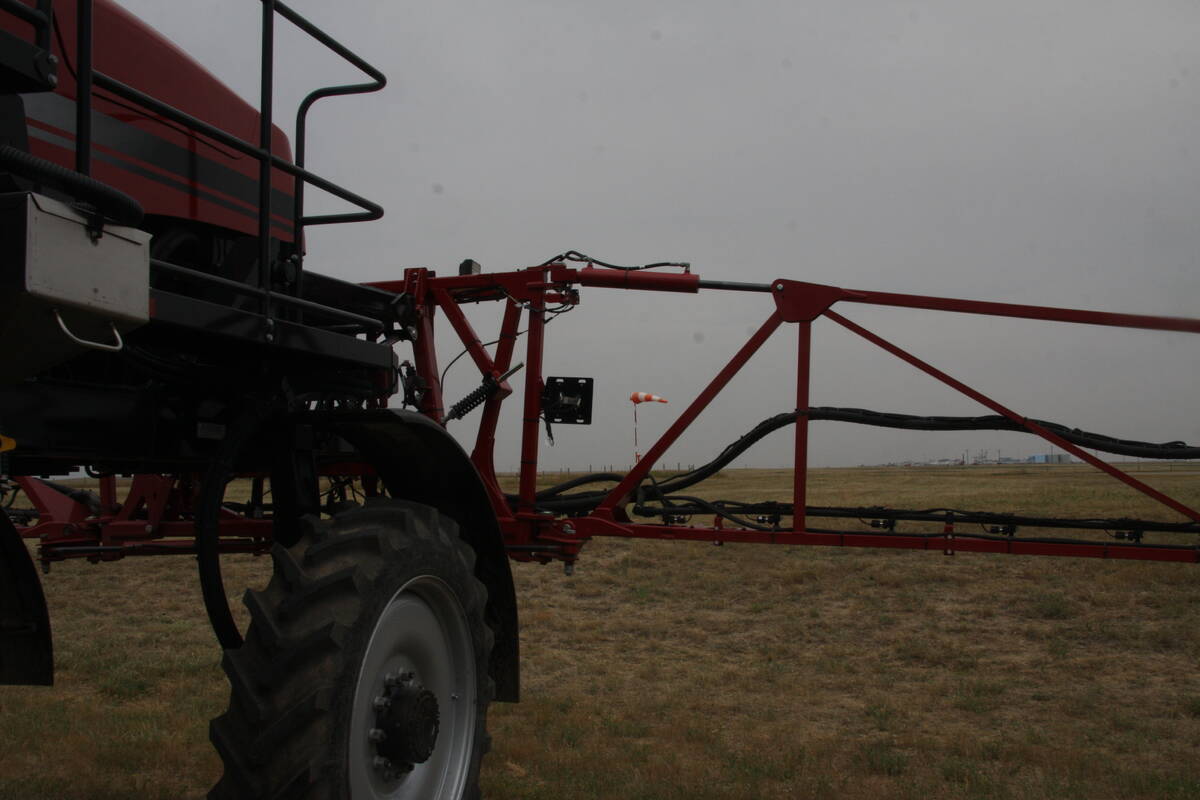BANFF, Alta. – It’s been 20 years of fighting the good fight, according to the fraternity of the Western Barley Growers Association.
The group’s fortunes have risen and fallen and risen again as it continues the pressure for marketing choices in a better world where the trains run on time, harvests are good and country elevators always have room in their bins.
At the group’s 20th anniversary convention here, some of the past presidents reminisced about issues that started in the early days of the organization and continue to whip up dust among prairie farmers.
Read Also

More work wanted on removing red tape
REGINA — Canadian farmers risk falling further behind competitors if two main federal agencies don’t become more efficient and responsive…
When Liberal agriculture minister Otto Lang allowed the open sale of domestic feed grain in 1974, a group of like-minded farmers met in Blackie, Alta. asking: “Who speaks for barley?”
The Western Barley Growers Association was formed shortly after.
Rick Thiessen of Strathmore, Alta. was the first president in 1976-77.
When they gathered for that meeting in Blackie, people like Thiessen and Fred Randle, who was president from 1981-82 said they felt the time was ripe for a group to represent barley.
“There had to be some voice talking about barley. Barley is a very different commodity from wheat,” said Thiessen.
Discussing their frustrations about the Canadian Wheat Board’s monopoly on barley sales, association members invented a term that has become part of the prairie vernacular.
A study was commissioned using Ken-Agra Consulting in Edmonton in 1982 to examine grain marketing options.
In the beginning
It was in this study the phrase dual marketing first appeared, referring to a system in which the wheat board competes with private grain companies for farmers’ grain.
Written by Ken Stickland, a farmer and agricultural business consultant, the report examined impacts of selling through the wheat board or on the riskier open market.
By the time Cochrane, Alta. farmer Tim Harvie was president from 1985-86, the barley debate had enlarged to include changing the Western Grain Transportation Act, getting rid of farm subsidies and the creation of the Alberta Barley Commission. Harvie ultimately became the commission’s first chair.
Many of the early arguments like the Crow debate are water under the bridge, said Harvie. The Crow freight subsidy is gone but the transportation system is still bogged down with inefficiencies, he said.
Viking, Alta. farmer Richard Nordstrom served from 1990-92. This was the first year for the barley commission, which was destined to handle production, as well as policy matters.
The commission takes 40 cents per tonne of barley sold and has drawn some members away from the association. Nordstrom feels the work by the commission is worthwhile because of its achievements in funding research, development and promotion of barley products.
“The commission has really brought a lot more attention to barley as a crop not competing so much in the world market, but competing with other grains as another source of income for farmers,” he said.
While production issues are important to this farmer-based group, politics tend to win the most attention.
The bright spot for these past presidents is that after 20 years they see a mood for change spreading across the Prairies.
Protests, debates, meetings
They point to the attention gained by the ongoing Charter of Rights challenge of the wheat board launched by the barley commission, civil disobedience by farmers hauling grain to the United States without export permits and large turnouts at country meetings debating the wheat board’s future.
“You keep shooting and eventually you’re going to change the system,” said Harvie.
Thiessen and Nordstrom predict real pressure for change will come not out of free-enterprise Alberta, but from Saskatchewan where they say farmers haven’t had as much opportunity to diversify and prosper like their western neighbors.
Manitoba is in the middle.
“When they become the agitators for wheat and not just barley, this is fundamental change we didn’t have five years ago,” said Thiessen.

















